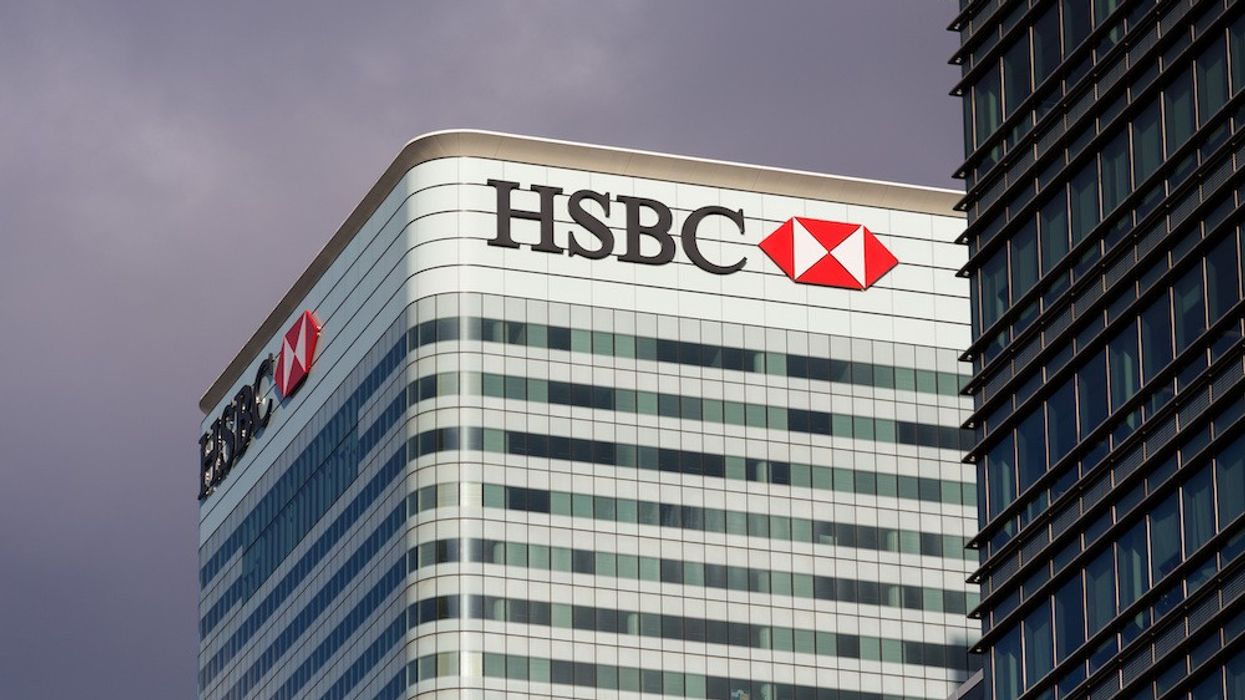The Canadian arm of British global banking giant HSBC finally has a buyer, and it is indeed one of the country’s Big Six. Royal Bank of Canada announced this morning that it has entered into an agreement to acquire HSBC Canada, acquiring 100% of its common shares for an all-cash purchase price of $13.5B. As well, all of HSBC Canada’s earnings from June 30, 2022 through close -- expected in late 2023 -- will accrue to RBC.
The purchase brings RBC an attractive client base and “expanded international banking capabilities,” reads the bank’s release. The two lenders’ “strong cultural fit and aligned approach to disciplined risk management” also make it a harmonious acquisition. It has been largely anticipated that RBC -- Canada's biggest bank by net revenue -- would be the one to snap up HSBC Canada, ever since it came on the market in October.
"HSBC Canada offers the opportunity to add a complementary business and client base in the market we know best and where we can deliver strong returns and client value given our financial strength and award-winning service," said Dave McKay, President & CEO, RBC. "This also positions us as the bank of choice for commercial clients with international needs, newcomers to Canada and affluent clients who need global banking and wealth management capabilities. It will help us better serve global clients looking to invest and grow in Canada."
HSBC Canada -- the seventh-largest lender in the nation -- comes with a strong balance sheet, with $134B in assets as of the end of September. It has approximately 130 branches and 4,200 full-time employees and is known for its strong commercial banking segment, fine-tuned to focus on the needs of international business clients, as well as expertise in liquidity management, trade finance, global cash management and sustainable finance.
Its personal banking arm serves an affluent clientele boasting a well-diversified loan book and deposit base with “particular strength in meeting the needs of international clients with connections to Canada.”
The acquisition will certainly give RBC a boost in terms of its competitiveness on the global marketplace, while it continues to provide access to Canadian clients to a competitive, diverse marketplace.
However, as previously reported by STOREYS, the purchase could spell less negotiating power for mortgage shoppers. HSBC Canada -- which accounts for around 2% of Canadian deposits and mortgages -- has long been one of the most competitive rate providers in the uninsured mortgage marketplace, while still maintaining the clout of being one of the world’s largest lending institutions. It also has the ability to do balance sheet lending -- something the smaller monoline mortgage providers can’t.
That in turn gave rate shopping borrowers leverage, whether they came to HSBC for their rate, or used their pricing and approval to negotiate a lower one from their main lender.”
As of today, HSBC Canada continues to have one of the lowest big-bank offerings, with their five-year special offer rate coming in at 5.29%, compared to RBC’s 5.69%. It remains to be seen at this time whether they’ll continue these pricing trends into the future.





















